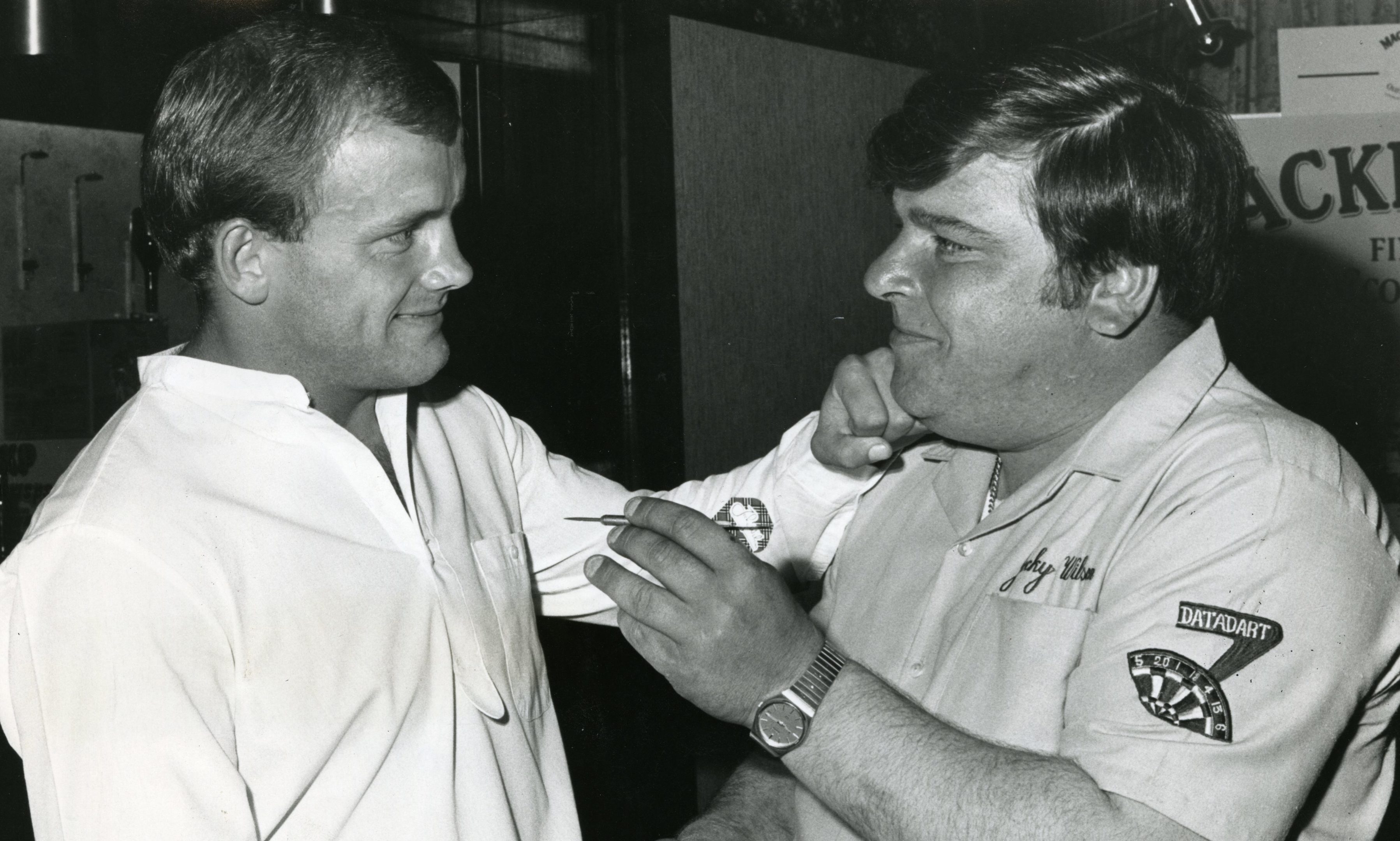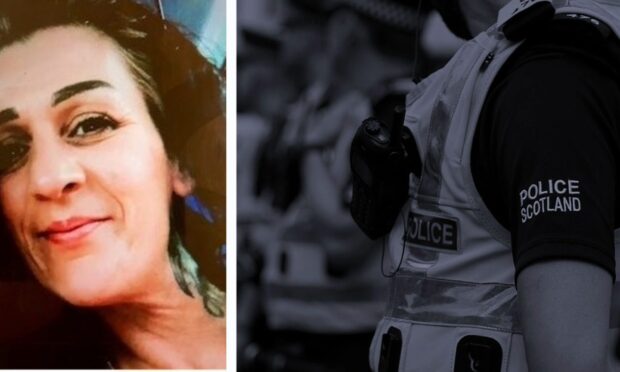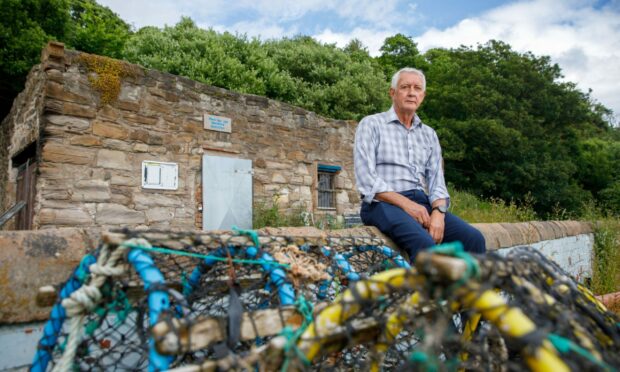One of Scotland’s most unlikely sporting heroes is to be the subject of a new play.
The late Jocky Wilson, the Fife darts favourite who was twice crowned world champion and who fought a long battle against alcohol and ended up a virtual recluse, is to be saluted in Jocky Wilson Says.
Premiering at Oran Mor in Glasgow in March, the play will be staged five years after Wilson’s death.
The show, set before Wilson became a household name through TV coverage of darts, has been created by a brother and sister team from Fife, Jane Livingstone and singer-songwriter Jonathan Cairney.
It will recall an infamous incident when the then 29-year-old ex-miner
was travelling around the United States playing exhibition matches.
He stayed up so late in Los Angeles that he was forced to hitch 400 miles through the desert to Las Vegas after missing his bus.
Jane Livingstone said: “There was literally a time when everybody in
Scotland would have known Jocky Wilson’s name, but they possibly wouldn’t have been able to tell you much about where he was from, what his background was like and what motivated him.”
He continued: “Some people get very excited about him and think of him as a great Scottish hero.
“Other people feel his story is very sad and see him as an embarrassing figure.
“We think of him as a tremendous character, but because there are these differing views about him it made us think that his was a story worth looking at.”
She added: “We don’t see his as a tragic story. We’ve done quite a number of interviews with people who played darts with Jocky in Fife.
“We had an idea of how we wanted to present a story and what we wanted to say about him.
“We wanted to ‘run that by’ some people who actually knew him at the time so we’re not that far off.
“It’s neither going to be demonising or over-romanticising him.”
Oran Mor co-artistic director Morag Fullerton said: “I was just really intrigued by the setting of the play in the desert and the fact it is based on a real-life incident.
“Hopefully, we’re going to evoke his spirit of his character, tell some of
the stories about him, and look at what it was that made him such a winner – and loser.”
Jocky Wilson Says will premiere at Oran Mor arts centre, Byres Road, Glasgow, on March 20.
“The English poison the water”
Born in Kirkcaldy in 1950, Jocky Wilson’s early life did little to suggest he was to one day become a household name.
Having grown up in an orphanage, he would spend time in the army, before working in a fish processing plant and as a miner before unemployment gave him the impetus to become a professional darts player in 1979.
After entering a darts competition at Butlin’s in Ayr, he won a first prize of £500 and decided to focus his attention on the game.
Within months he was taking part in the World Championships and three years later won the tournament, a triumph he was to repeat in 1989.
His career at the oche would make him a national star, at a time when the sport was widely televised and featured such luminaries as Eric Bristow and Bob Anderson.
A heavy smoker and drinker even while playing, Wilson was also well known for having lost his teeth by the age of 28, claiming never to have brushed them because his gran had told him “the English poison the water”.
After retiring from the game in December 1995, he returned to his
home town and retreated from public life before dying in 2012 at the age
of 62.










